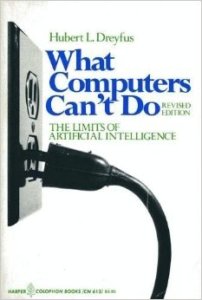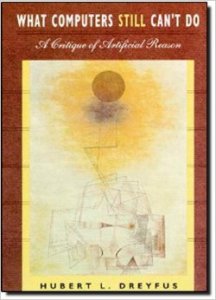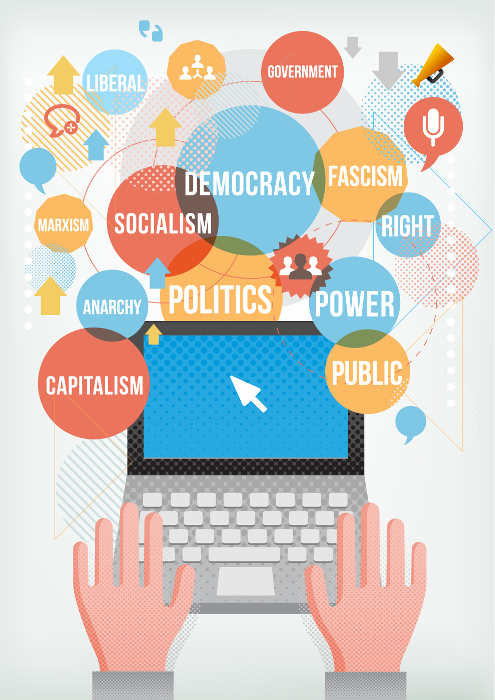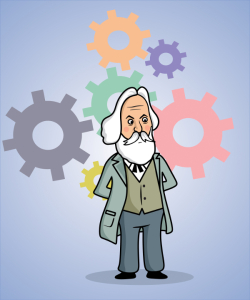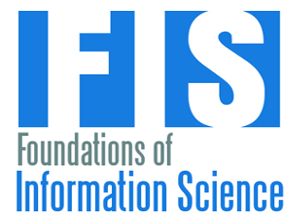
FIS does, in our context, not mean the Fédération Internationale de Ski. It signifies the oldest international community in our field – in the field of foundations of information science. FIS is the backbone of our Summit and is together with other groups (already introduced here: ICTS network, ICPI, and DTMD) co-initiator of the Summit.
The founding father of FIS is Pedro C. Marijuán from Zaragoza, Spain, together with Michael Conrad (1941-2000) from the US.
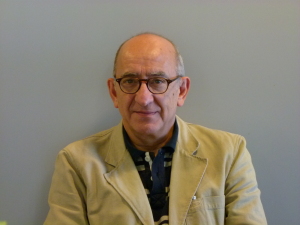
Pedro C. Marijuán (photo: Pedro C. Marijuán)
Marijuán tells us about FIS:
“The FIS initiative (Foundations of Information Science), started in early 90s, has been attempting a new, fundamental disciplinary development around the information concept –Information Science. Scholars and scientists from very different fields have converged onto this collective long-term enterprise, which has matured in a series of successful conferences, numerous scholarly publications, and a vast accumulation of electronic exchanges in a high-quality discussion list during all these years. At FIS, rather than the discussion of a single particularized concept, information becomes the intellectual adventure of developing a ‘vertical’ or ‘transdisciplinary’ science connecting the different threads and scales of informational processes, which demands both a unifying and a multi-perspective approach. In our times, information represents a crucial discussion theme in many arenas (from quantum processing, to biological organization, nervous systems, knowledge society, global sustainability). The advancement of information science appears as a plural and open enterprise – whereby the intellectual capital amassed at FIS has to be shared and joined with other multidisciplinary efforts and organizational enterprises. In this regard, the FIS discussion list has been an essential instrument to promote multidisciplinary exchanges and to keep alive the Foundations of Information Science initiative.”
Here are the links:
http://fis.sciforum.net/ (the new fis website)
https://www.mail-archive.com/fis@listas.unizar.es/ (the fis list archives)
http://listas.unizar.es/pipermail/fis/ (the fis list)


